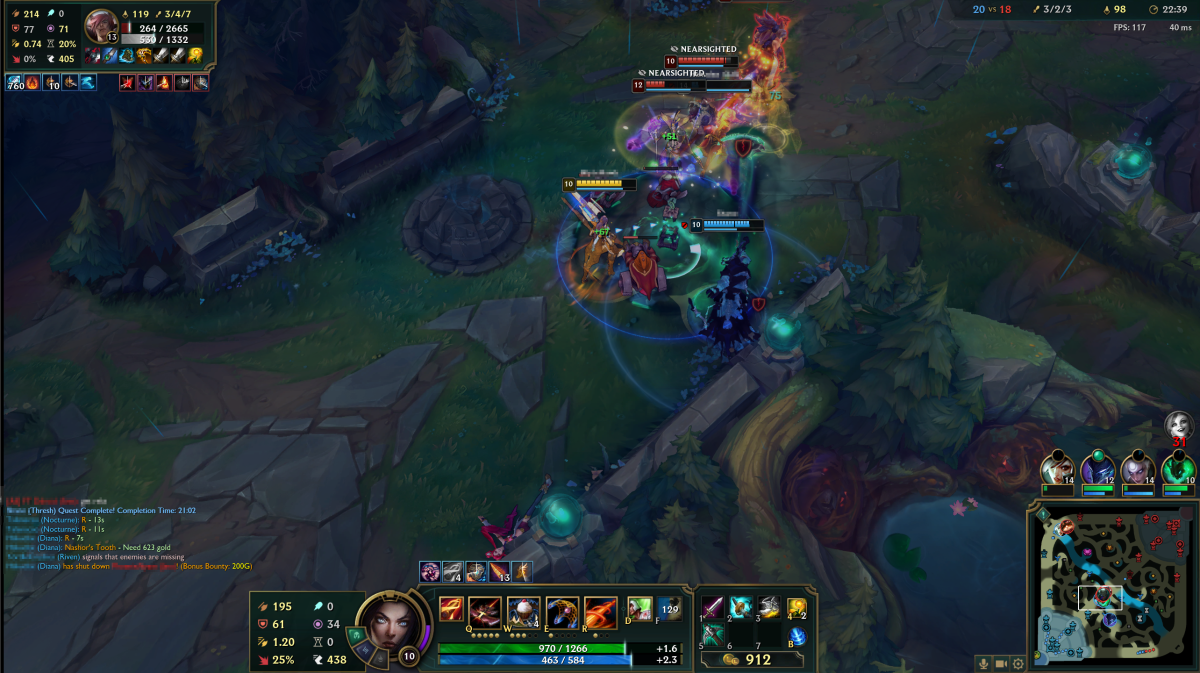


Players in beta were OUTRAGED about this mechanic and were DOUBLE-OUTRAGED when it was repackaged as a bonus. Though this is a very useful trick to know, you’re glossing over the actual history here. Even though the results were exactly the same.

So, in other words, people hated the system when it was presented as a penalty for playing too long at a stretch, but they loved it when it was framed as a reward for taking a break. It’s EXACTLY the same as it was before, except NOW everyone is like “Fuck yeah, Blizzard, this is exactly what I want!” So that effectively now how they spin it is that if you log out for a while you get this 200% boost when you log back in! And then over time it goes away and you just get regular 100% experience. So actually what happens is you start getting 200% experience and eventually it goes back down to 100%. And people just hated it.Īnd so they went back and was like allright, basically what we did was we made everything in the game take twice as much experience to achieve as before and then we flipped it. So the longer you played you’d get this experience degradation and then it would bottom out and at that point it would be a fixed rate of experience. In World of Warcraft what they did when they first designed the game was they had an experience system that would, over time, lower the amount of experience you got because wanted to encourage people to play for like two hours at a time instead of twelve hours at a time. In a recent episode of the nifty Idle Thumbs podblast 2 Gamasutra’s Chris Remo articulated another great example of this kind of simple framing in how World of Warcraft’s “rest bonus” system came about: Get it? Eh? Eh? Eh, yeah, you're right, it's not that funny.

“Dude,” I said, ’cause I really do say things like that, “It’s not a penalty for late registration, it’s a reward for people who register early.” And with that, the wording on the conference registration changed from “late registration fee” to “early registration discount.” And nothing else changed, except that people probably thought it was more fair. My friend wrestled with how to present this to attendees, grumbling about how he was having to tell people he was punishing them by raising the prices if they made last minute plans to attend the conference. 1 Part of the contract dealt with giving hotel room discounts to a limited number of attendees, but they were first come first served, after which the room price would go up. A few years ago a friend of mine was serving on the board for a large conference and negotiating a contract with the hotel where the event would take place. One of my favorite things about human psychology is how a punishment can be turned into a reward just by changing the way it’s framed.


 0 kommentar(er)
0 kommentar(er)
